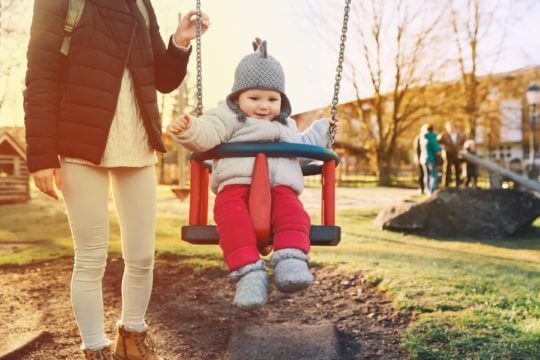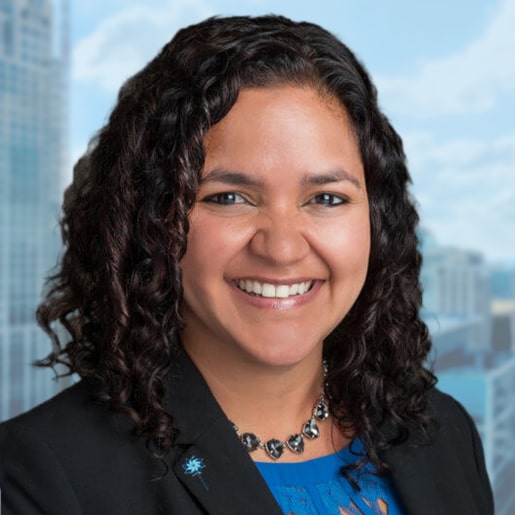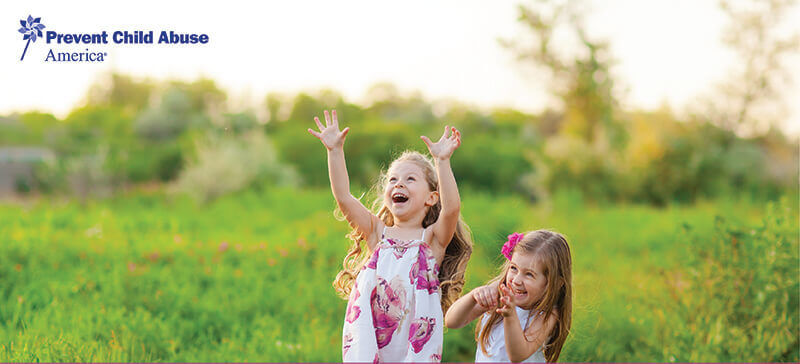We all want the best for our children. One way to ensure that all children have the opportunity to grow up feeling safe and loved is to make an effort to learn about and promote the protective factors in your family and in your community.

What are the Protective Factors?
The Protective Factors is a set of characteristics that can be present at both a family and community level. When these factors are present, they help reduce the risk of Adverse Childhood Experiences (ACEs) like child abuse and neglect, and can improve the overall well-being of children and families. Specifically, there are five protective factors:
- Parental Resilience, or the ability of parents to deal effectively with stress, adversity, or trauma.
- Social Connections, such as relationships with family, friends, neighbors, or other community members.
- Concrete Support in Times of Need, which give family the support and resources they need during times of struggle and stress.
- Knowledge of Parenting and Child Development, because children don’t come with instruction manuals!
- Social and Emotional Competence of Children, also known as social and emotional learning, which helps children properly label and understand different emotions in themselves and others.
At Prevent Child Abuse America, we often say that “we all play a role in child abuse and neglect prevention.” By working to promote one or more of these protective factors in your own family or community, you can play a role in prevention!
It’s important to recognize that some of these factors will be more obviously present in your family or community than others. For example, an individual parent may feel like they have all the knowledge they need, but don’t have the social connections to rely on when things get tough. Most families and communities will similarly have factors that are present and others that are lacking. Here are some ideas and examples of how you can help build and strengthen the protective factors for everyone.
Become a Mentor.
Being a mentor to a parent you know can not only help provide more knowledge of parenting and child development, but can also increase social connections to others who may be able to provide concrete support in times of need, increasing parental resilience (see how all of these factors are interconnected?).
Whether you sign up to lead a Circle of Parents group or are simply there to be a friendly ear to a fellow parent, you can have an impact on multiple protective factors at one time by becoming a mentor in your community.
Advocate for Policies that Support Children and Families
Advocating for programs and policies that promote the protective factors is one way that you can get involved. Some programs, such as voluntary home visiting programs, help improve the protective factors at both a family and community level. There are also other programs and services designed for specific purposes, such as social and emotional learning programs, parenting education classes, or programs and services designed to help families struggling with addiction, poverty, or disease.
You can become an advocate and help promote the protective factors simply by taking note of the policies in place at your state government, at a local business or at your local school and understanding how these policies help children and parents. For example, you can work with your local school board and PTA to implement a child sexual abuse prevention curriculum. Or you could work with the owner of a local business you know and encourage them to implement family-friendly policies such as flex-time. You can also work with elected officials to push for funding for programs that improve social and emotional competence in children, such as anti-bullying programs and home visiting programs like Healthy Families America.
Want to learn more about the protective factors? Check out this brochure from the Center for the Study of Social Policy (CSSP) that has specific ways you can increase the protective factors in your own family.
How will you help promote the protective factors in your community? Let us know by tweeting us @PCAAmerica or by leaving a comment on our Facebook page!





